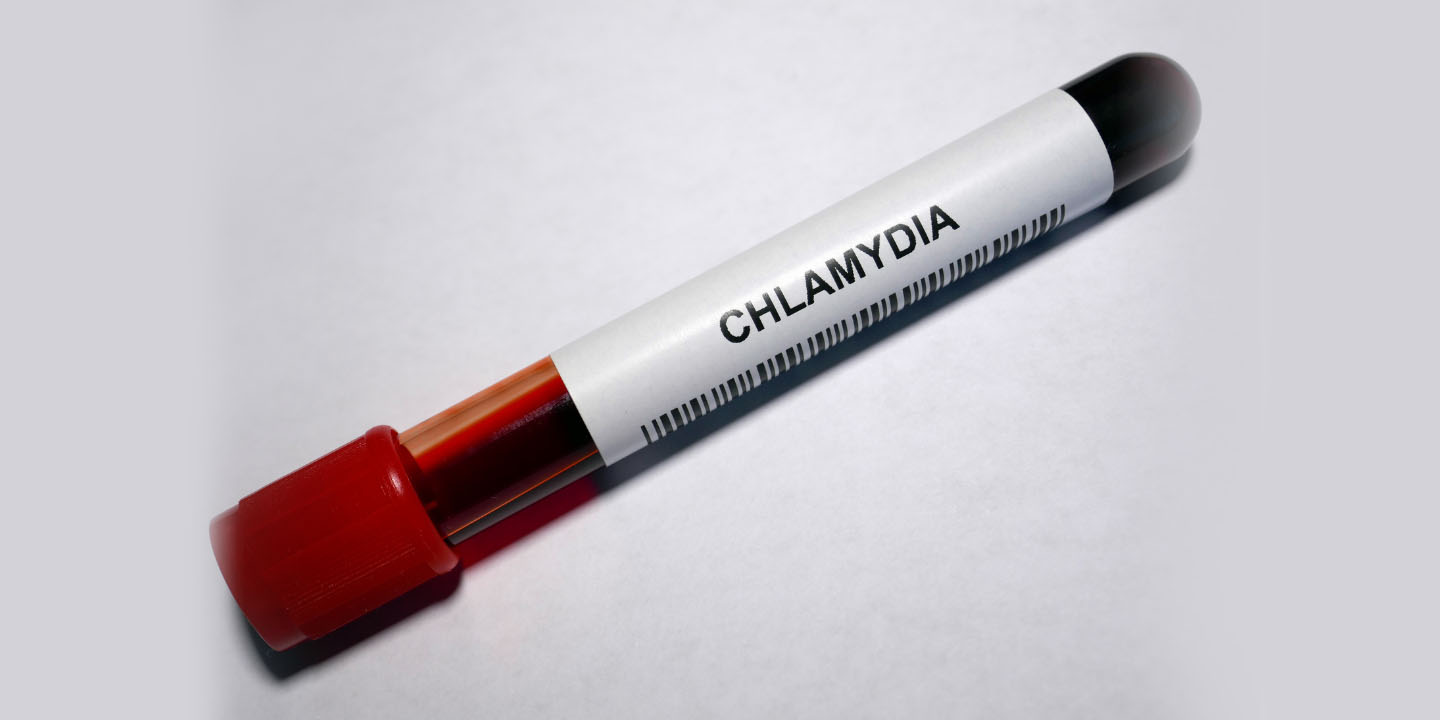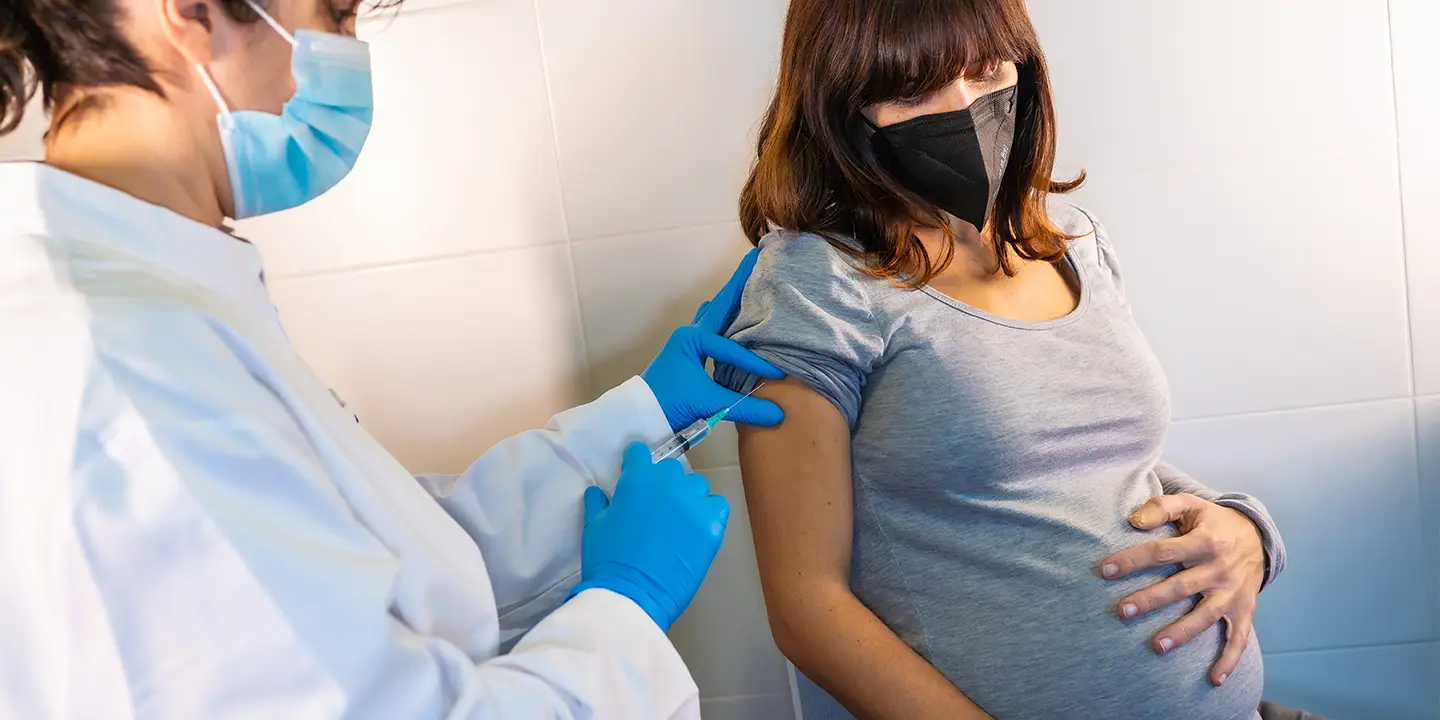
We often don’t realize this, but screening for sexually transmitted diseases, even during pregnancy, is crucial in prenatal and maternity care. Among all the different STIs we know, Chlamydia trachomatis and Neisseria gonorrhoeae, commonly known as Chlamydia and Gonorrhea, are the most common types.
If not diagnosed on time and left untreated for long, both infections can lead to severe complications, especially during pregnancies.
This article will explore everything you need to know about chlamydia and gonorrhea and how to overcome the issues, especially during pregnancy.
In this Article
Understanding Chlamydia and Gonorrhea
As we discussed briefly, chlamydia and gonorrhea are two of the most common bacterial STIs transmitted during unprotected sexual intercourse.
According to WHO reports, around 128.5 million cases of chlamydia infections were reported in 2020, and around 82.4 million cases of gonorrhea infections were reported.
The numbers speak of its prevalence and why getting on-time treatment is quintessential during pregnancy. If left untreated, the bacterial infestation can infect the reproductive tract and lead to a plethora of complications down the road.
Pregnant women can contract these infections through sexual intercourse with infected partners. If left untreated, Chlamydia and Gonorrhea can have serious consequences for the mother and the unborn child, including premature birth, low birth weight, and an increased risk of neonatal infections.
Why is Screening for STIs during Pregnancy Crucial?
One of the most common issues with bacterial infections like Chlamydia and Gonorrhea is that they don’t exhibit prevalent symptoms in the patient. This means that a pregnant woman might have an active infection, but it won’t get treated since they are not experiencing any symptoms.
As a result, screening becomes essential for early detection and prevention of complications. Identifying and treating these infections early can significantly reduce the risk of adverse outcomes for both the mother and the baby.
At Queen’s Gynecology, we often advise an STI screening, especially involving a Chlamydia and Gonorrhea test, because early screening and proper treatment are crucial to mitigate the risks of preterm birth and low birth weight risks in the baby.
What are the Symptoms of Chlamydia and Gonorrhea during Pregnancy?
We discussed in brief previously that both Chlamydia and Gonorrhea are often asymptomatic, meaning that they don’t cause any prevalent symptoms in the patient. In such cases, diagnosis becomes a challenge and often leads to delays.
However, in cases the patient is experiencing symptoms, they will vary depending on their infection.
Symptoms of Chlamydia during pregnancy include:
- Inflammation and swelling in the urethra
- Inflammation in the cervix and end of the uterus
- Abnormal vaginal discharge
- Bleeding after sexual intercourse
- Burning or itching sensation while urinating
- Symptoms of Gonorrhea during pregnancy include:
- A sudden increase in vaginal discharge
- Bleeding after sexual intercourse
- Pain, itching, or burning sensation while urinating
Irrespective of whether you are experiencing the symptoms, getting timely treatment and a diagnosis is crucial to one’s health and well-being. Not getting a timely chlamydia-gonorrhea test can lead to risks of:
- Pelvic inflammatory disease
- Ectopic pregnancy
- Chronic abdominal pain
- Infertility (in severe cases)
This is one of the reasons why we prioritize STI testing during pregnancy at Queen’s Gynecology. Not only does it help avert the risks, but it also ensures that the infection doesn’t manifest in a way that creates a risky situation for the developing fetus.
Does Chlamydia Gonorrhea Infection During Pregnancy Affect the Baby?
Mothers that contract chlamydia and gonorrhea infection during their pregnancy also increase the risks of their baby contracting the infection, leading to many complications.
Also, the complications will vary depending on the infection the mother has contracted during pregnancy.
Complications from Chlamydia:
- Preterm delivery
- Conjunctivitis
- Pneumonia
Complications from Gonorrhea:
- Blindness
- Joint infection
- Blood infection
Hence, if you are pregnant or trying to conceive a child and you are engaging in unprotected sexual intercourse with one or multiple partners, getting STIs now and then during pregnancy is crucial to avert the risks of infection.
According to the recommended screening guidelines, there is a need for universal screening for all pregnant women at their first prenatal visit, regardless of their risk factors. Retesting during the third trimester is advised for pregnant women at high risk for contracting these infections or residing in areas with high prevalence rates.
Screening Methods for Chlamydia and Gonorrhea
Getting comprehensive chlamydia testing and gonorrhea testing is key to a healthy pregnancy. There are different types of testing involved that offer a more comprehensive diagnosis.
Nucleic Acid Amplification Tests (NAATs)
These are highly sensitive and specific diagnostic tools used to detect the genetic material (DNA or RNA) of Chlamydia trachomatis and Neisseria gonorrhoeae. These tests work by amplifying the target genetic material if present in the collected sample and offer fast and reliable results so that the patient can get timely treatment.
Urine-based Testing
This is a non-invasive method for collecting samples to screen for Chlamydia and Gonorrhea during pregnancy. Pregnant women can provide a urine sample that is then tested for the presence of bacterial DNA or RNA. It is often considered a more comfortable form of testing for the patient.
Vaginal and Cervical Swabs
These involve collecting samples directly from the site of infection for laboratory testing. A healthcare provider gently inserts a swab into the vagina or cervix to obtain a specimen, which is then sent to the laboratory for analysis.
In some cases, the patients might need combination testing involving different steps from the above-mentioned options to ensure optimal accuracy of the results. At Queen’s Gynecology, we prioritize patient education to help patients make more informed decisions concerning testing and treatment.
Treatment of Chlamydia and Gonorrhea During Pregnancy
Once the test results confirm a chlamydia or gonorrhea infection, getting immediate and tailored treatment is crucial. Since both are bacterial infections, prompt treatment ensures optimal symptom management and cure and prevents any irreparable risk to the baby’s health in the long run.
Chlamydia treatment:
Chlamydia is usually treated with antibiotics considered safe for use during pregnancy. The most commonly prescribed antibiotic for Chlamydia treatment is azithromycin or amoxicillin. These antibiotics effectively target the Chlamydia bacteria and help clear the infection.
Gonorrhea treatment:
Gonorrhea, like Chlamydia, is treated with antibiotics. However, due to increasing antibiotic resistance in Gonorrhea strains, treatment options may vary. Ceftriaxone, usually administered through an injection, is the preferred antibiotic for treating Gonorrhea during pregnancy.
Note: Besides the pregnant woman getting the treatment, partner treatment is equally important to alleviate the patient’s reinfection risks. Furthermore, the use of antibiotics is generally considered safe during pregnancy. However, discussing the options with the OB-GYN before starting any medication is ideal.
Conclusion
Screening for Chlamydia and Gonorrhea during pregnancy is fundamental to prenatal care. Early detection and treatment can prevent severe complications, ensuring healthier outcomes for mothers and newborns.
Owing to the fact that STIs can have negative implications on maternal and child health, our experienced team at Queen’s Gynecology emphasizes the need for thorough and timely testing. For more details, contact us at +91 9654999888.
FAQ’s
STI test is a standard protocol during pregnancy and is done during the first doctor’s visit after confirming that you are pregnant. Besides that, if you are sexually active during your pregnancy, your doctor might suggest getting an STI test done every trimester for the safety of the mother and the baby.
Both chlamydia and gonorrhea are treatable infections. So, if you are diagnosed with either of these infections during pregnancy, the next step is to start the treatment promptly to arrest the spread of the infection.
The most common signs of these bacterial infections include abnormal vaginal discharge and pain while urinating.
















